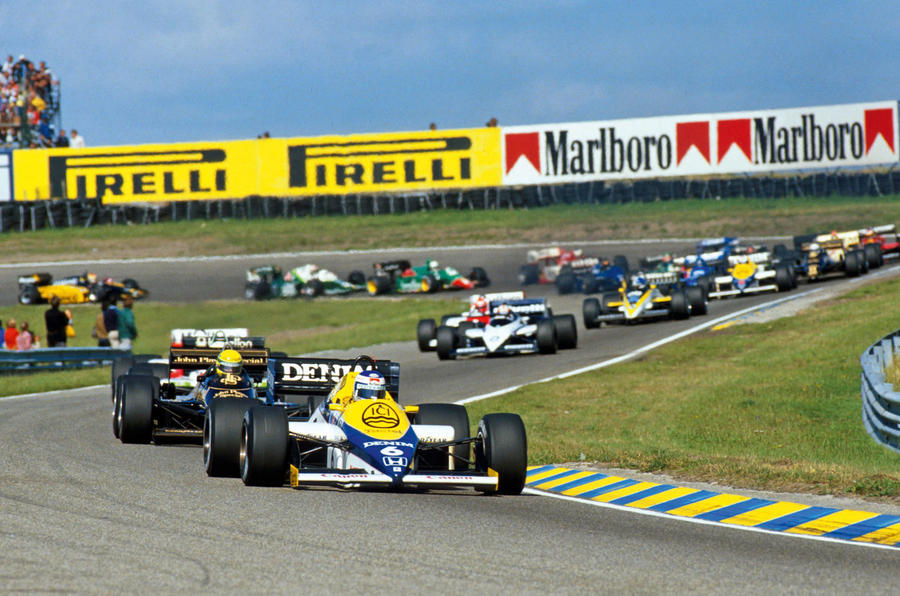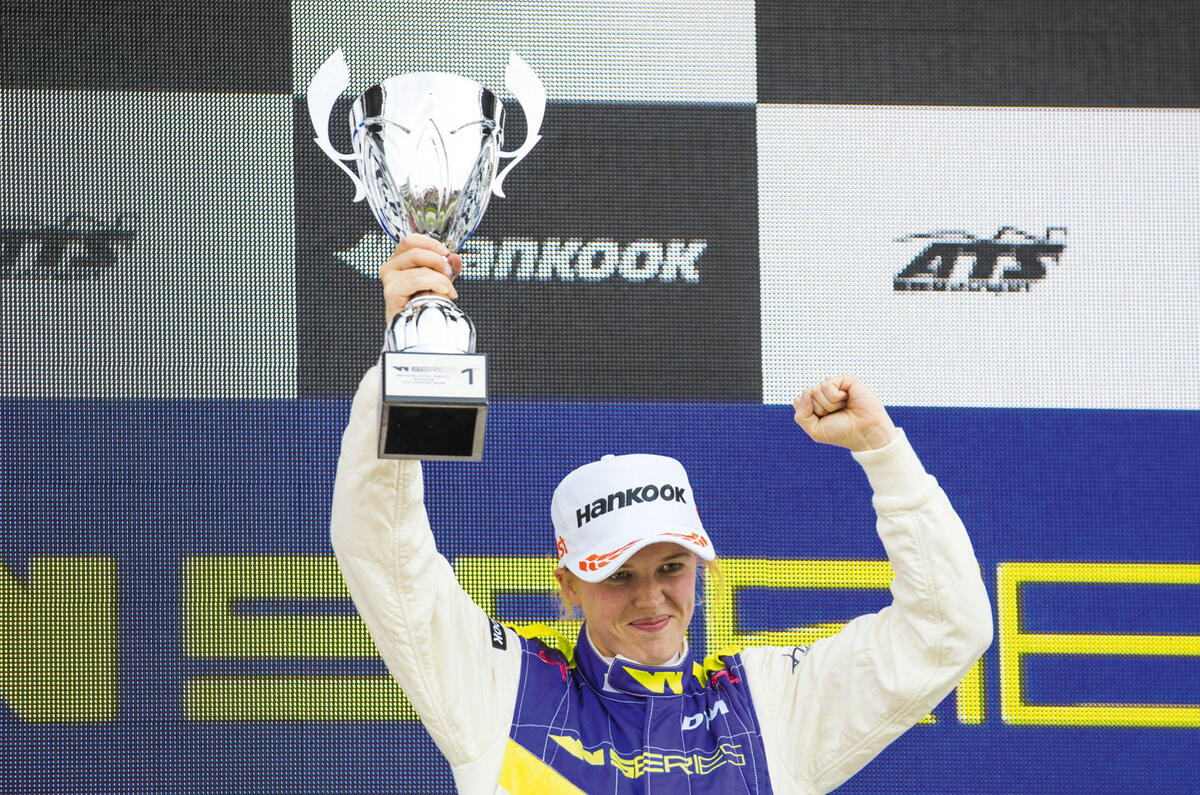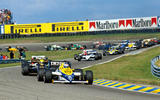It feels as though it were a parallel universe, but there was a time – when unsophisticated aero allowed Formula 1 cars to follow each other closely, and radios were an optional extra in your Ford showroom – when the result of an overseas grand prix could take a few days to reach the UK.
Races rarely received TV airtime before the late 1970s, daily papers tended to pay full attention only when a driver was seriously hurt – or worse – and Monday morning’s sports pages rarely carried more than the sketchiest details about who had won or why. Sometimes there was simply no information at all.
If you were living in the UK, chances are that you had to wait until the specialist weeklies arrived the following Thursday to discover the result of the 1973 Canadian GP. Treacherous conditions had triggered all manner of chaos – and F1’s first attempt to restore control through use of a ‘safety’ car made things worse. Experienced lap scorers lost track of who was where and debate about the final result continued long into the evening, way past UK press deadlines. There are some, indeed, who continue to this day to dispute McLaren driver Peter Revson’s victory…
This was frustrating for a 12-year-old who craved as much information as possible about all forms of racing but, at the same time, the sport’s frequent inaccessibility made it seem somehow special. Everybody knew about football and most kids at school could recite the previous 20 FA Cup winners without pausing for breath, but few knew – or indeed cared – that David Purley was dovetailing a limited F1 programme with a full season of Formula Atlantic in Britain.
To me, such details mattered. A lot.
Over time, obsession morphed into profession and I found myself being paid to photograph and, later, write about the sport that had snared me – a journey that led eventually to the F1 paddock and the irreversible privilege of attending about 300 grands prix. I enjoyed almost every moment, but as the calendar extended gradually from 17 races to 20, I wondered whether F1 was already beginning to spread itself too thinly.








Join the debate
Add your comment
How about more F1 races but fewer GPs?
I'm old enough to remember when there were at at least four F1 races held each year in this country plus the Grand Prix at Silverstone. Maybe it's time to reintroduce non championship F1 races for new drivers to get behind the wheel. The cars could be homologated versions of last year's machines, with more standard parts and no development work permitted to keep costs down.
Erm...
It is called F2 and F3
F1 is just boring
The coverage, the races, the oppressive management control.
F1 needs to be eye catching with big personalities.
The Web.....
That's what is killing off F1 and eventually all sport, you can watch it anywhere, anytime, legally and illegally, and more races just dilutes the expectations the excitement to the point that it's a bit Ho hum, you watch the qualifiers and on Sunday you'll watch the start to see if there's any crashes, if not maybe nine ten laps in if it's become processional you turn it off, or are we getting bored with a Pitwall race?. No, we don't need more races, we need better racing, maybe the new cars coming will do that?, we're too connected these days, and anyway more races means more costs for all the teams logistics and all that, how's that going to be covered?